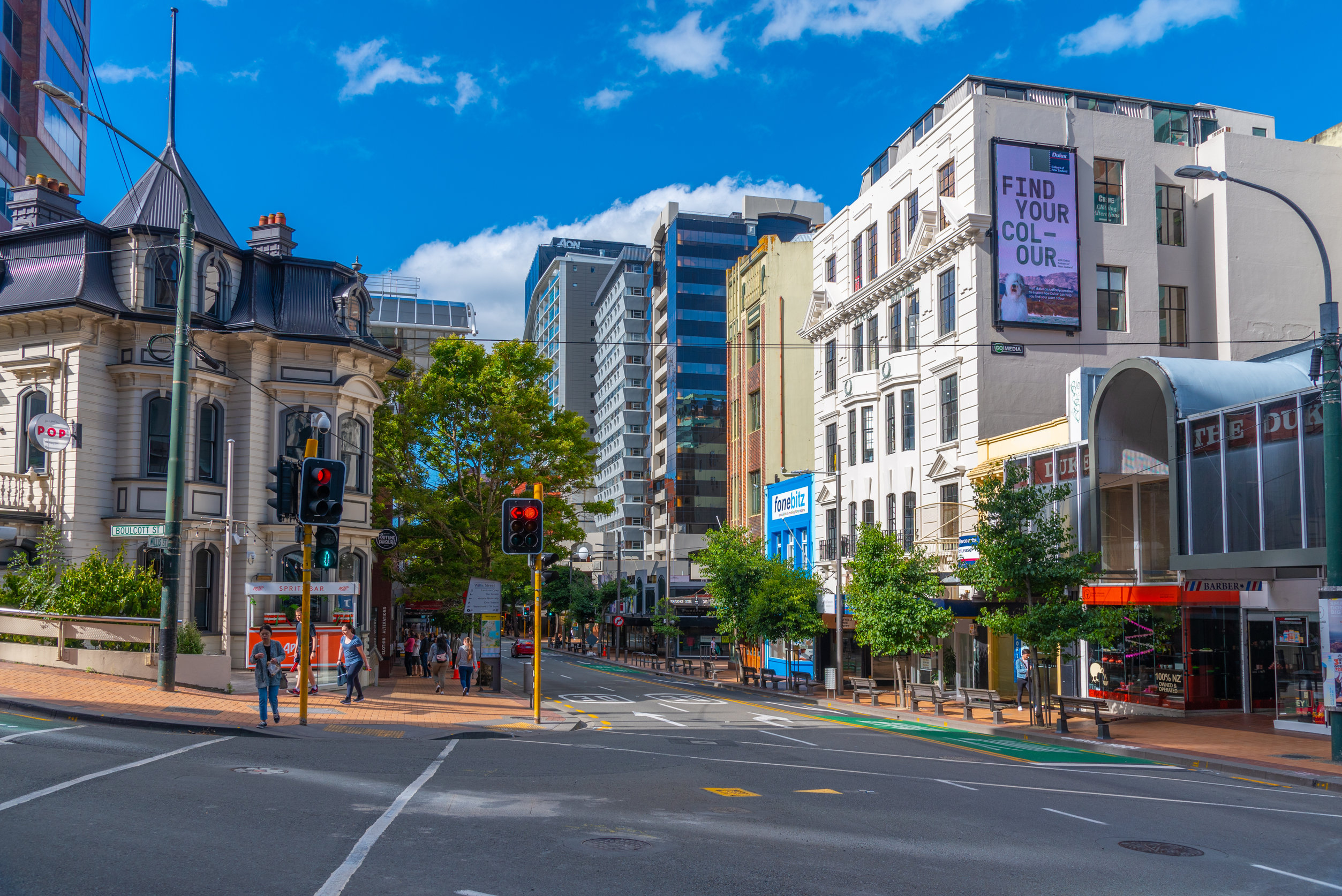New Zealand raises minimum wage and taxes on the rich

The 6% increase is just above the annual rate of inflation in the fourth quarter last year and is set to take effect come April 1.
Last year, 160,600 people aged 16 to 64 or 7.8% of all wage earners were paid the minimum wage, according to the Ministry of Business, Innovation and Employment (MBIE). The proportion of workers on minimum wage in 2018 was 3.5%.
“Raising the minimum wage will directly benefit approximately 300,000 workers, and will help many households that have been most impacted by the effects of COVID,” said Workplace Relations and Safety Minister Michael Wood in a media release.
The move has been widely criticised by business organisations, with many saying that companies, especially SMEs, are already under extreme pressure from fast-rising costs in labour, capital and supply-chain disruptions, and the government should not implement the policy at such short notice, giving businesses very little time to adapt.
READ: New Zealand rolls out COVID-19 support to businesses
Employers and Manufacturers Association chief executive Brett O’Riley has said the announcement was a “kick in the guts” for many businesses, while BusinessNZ chief executive Kirk Hope has said the minimum wage increase is a “cruel regulation” that adds critically to the burden facing businesses. Concurring, Retail NZ chief executive Greg Harford said the move could not have come at a worse time, according to Stuff.
Meanwhile, the maximum tax on earnings above NZ$180,000 (US$121,100) will increase to 39%, up from the current 33%. The move is expected to affect 2% of taxpayers, according to News Collective.



